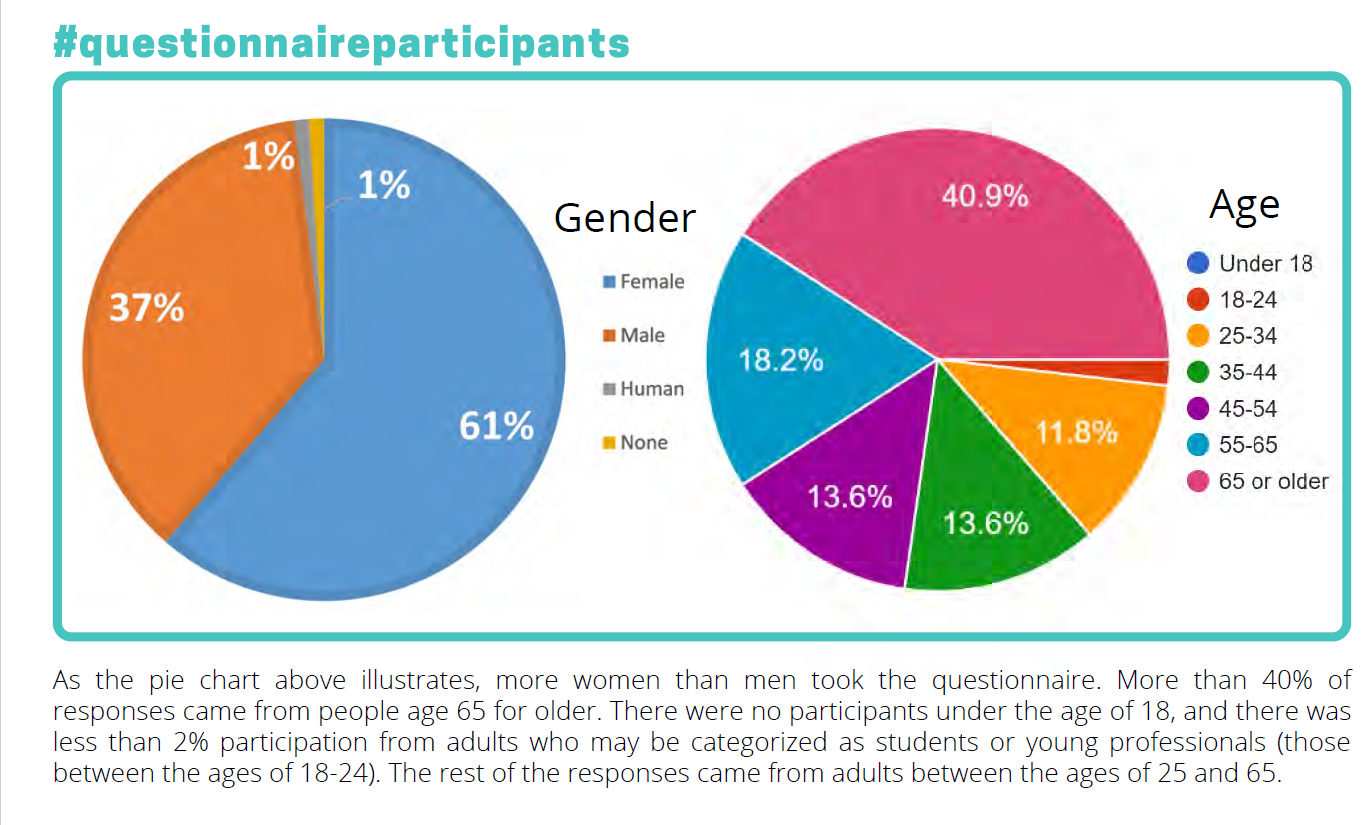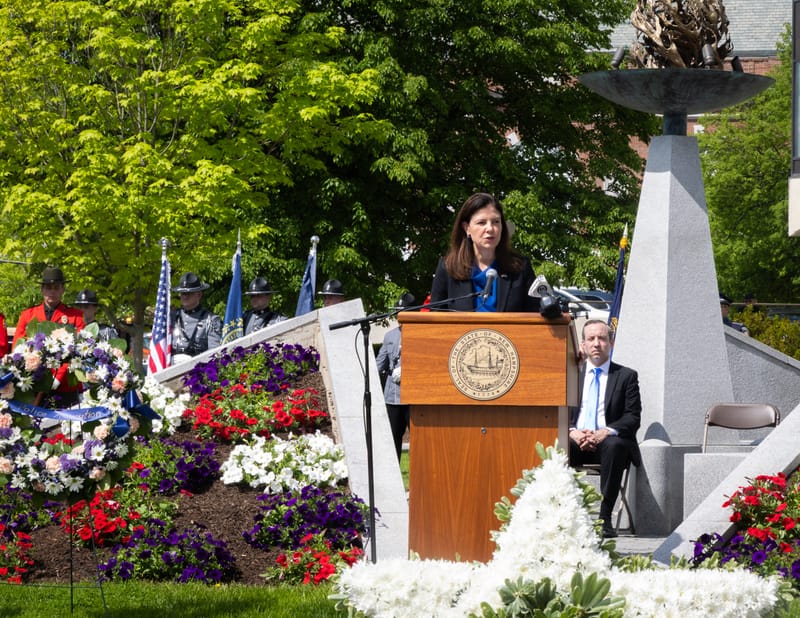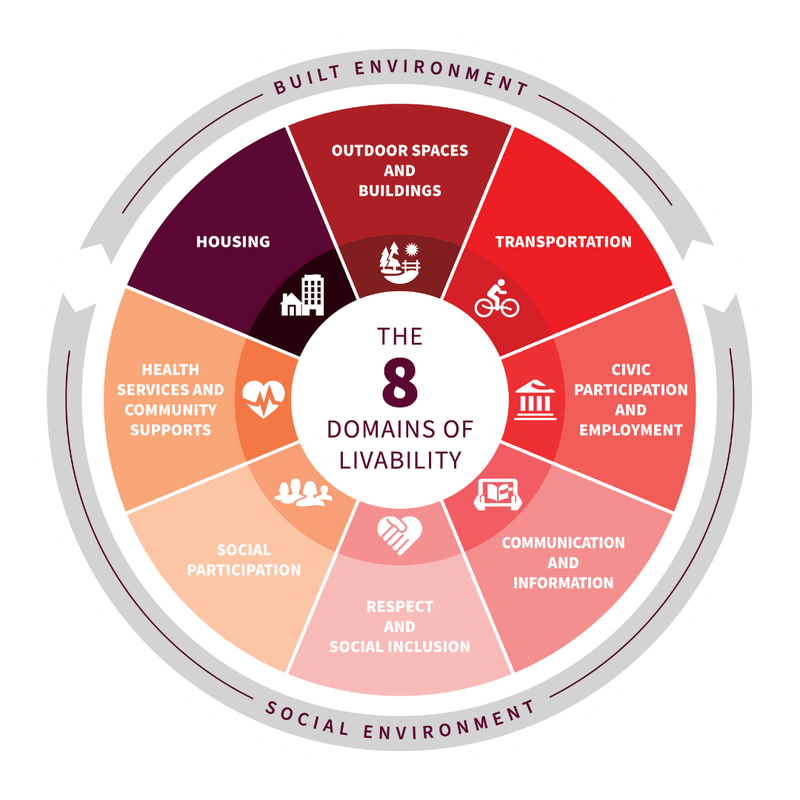New Hampshire residents asked to weigh in, help guide historic preservation
The New Hampshire Division of Historical Resources is celebrating its 50th anniversary with an update to its statewide preservation plan, and is seeking input from anyone who has thoughts on historic preservation in the state, from stakeholders to casual history buffs.


CONCORD, NH – The New Hampshire Division of Historical Resources is celebrating its 50th anniversary with an update to its statewide preservation plan, and is seeking input from anyone who has thoughts on historic preservation in the state, from stakeholders to casual history buffs.
The states preservation officials are particularly hoping real estate brokers, developers, students and members of Main Street organizations will weigh in, groups that were missing from participation in the current plan.
The anonymous online questionnaire will help form the new plan, which is required by the National Park Service and must be updated every five years, according to NHDHR. The plan gives an overview of historic preservation in the state over the previous five years, as well as sets goals for the future. It can be used by communities and organizations to guide their own historic preservation efforts.
The current plan spans 2021-25, and it can be viewed or downloaded on NHDHR’s website. It even has its own Instagram account. To answer the questionnaire, click here.
The current plan was put together during the COVID-19 pandemic, which limited the input that has traditionally been gathered from listening sessions. Organizers found that there was also less participation in the online questionnaire for the current plan than in the past, down two-thirds from the previous one.
Out of the 25 ways people can identify themselves in the questionnaire, there were no respondents who self-identified as being a Realtor or property developer, a student or from a Main Street organization. Plan organizers hope to reach people who identify as being members of these groups with the questionnaire for the new plan.
“These groups represent a knowledge base that is important to governance and the future of how we preserve our cities and towns,” the introduction to the current plan says.
The current plan’s introduction points out that the preservation plan “is for everyone.”
“It is for those who are interested in the cultural and economic value of preserving and leveraging the state’s historic and cultural assets. It is for those who are actively involved in historic preservation activities. It is for those who may not knowingly identify as preservationists, but who simply enjoy the landscapes, buildings, and neighborhoods that make New Hampshire’s communities distinctive.”

The economic benefits of historic preservation are felt both on the most local level, as well as state-wide.
Spending $1 million for historic renovation benefits a community more than $1 million in new construction, including in job creation and increased retail sales, according to DHR.
“Real estate companies, lending institutions, personal service vendors, and eating and drinking establishments will all receive more monetary benefit from $1,000,000 in rehabilitation than from $1,000,000 in new construction,” the department says.
Historic renovations of underused and abandoned buildings can also help chip away at the state’s housing crisis.
“Restoring historic properties to include residential units not only makes more housing choices available to residents of all ages but is an important key to revitalizing downtowns and town centers,” the New Hampshire Preservation Alliance says on its website.
NH DHR says that the general impact and benefits of historic preservation and renovation is widespread. “Through historic preservation, all New Hampshire residents should feel empowered to recognize, preserve, use, and protect the historic resources and cultural landscapes vital to the state’s identity,” the current plan says. “This statewide preservation plan provides the roadmap for the next five years. It can serve as inspiration and an opportunity to connect individuals, commissions, politicians, and develop partnerships towards the same end.”





